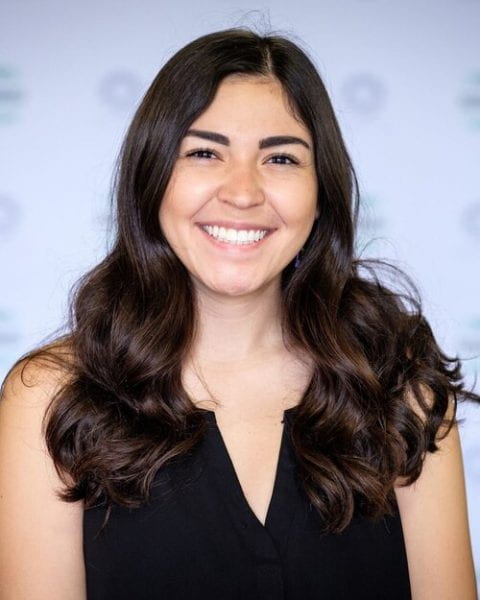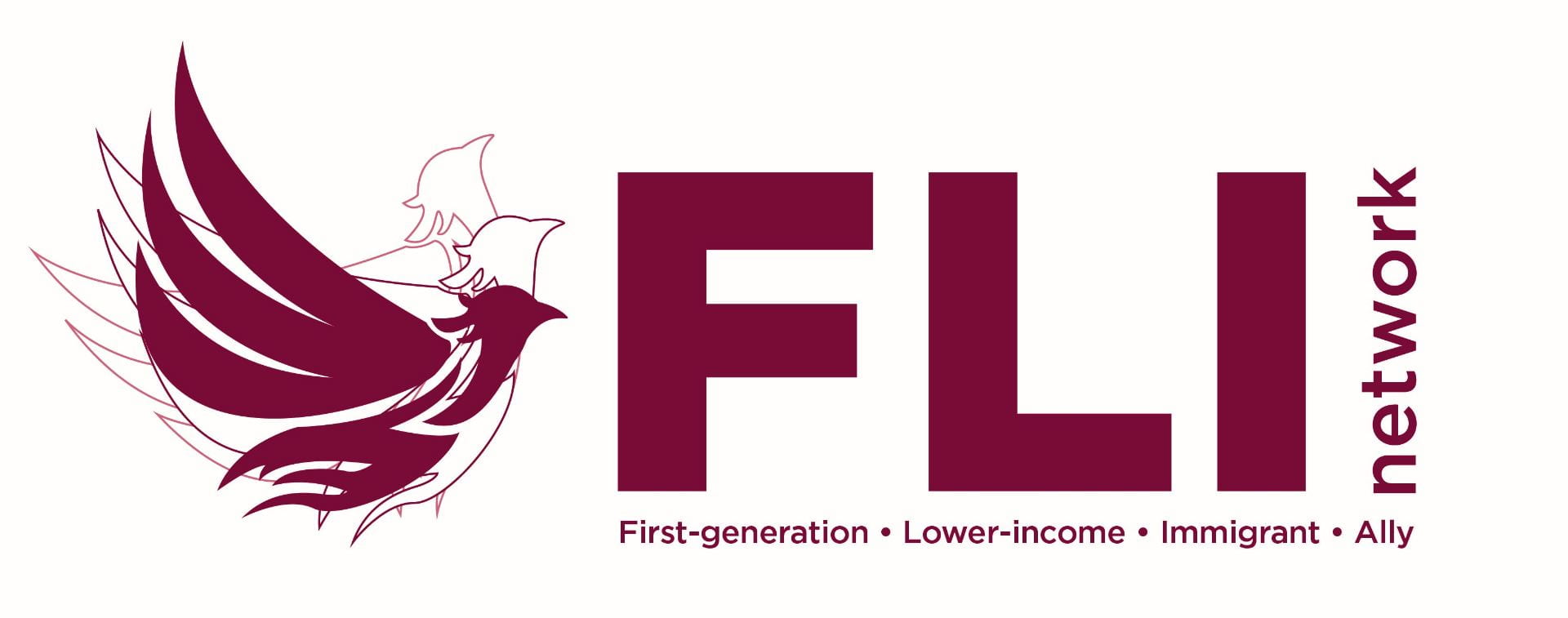 Alex Galván, (she/her/hers), originally from the Scottsdale neighborhood on the southwest side of Chicago, is a first-generation graduate student at the School of Social Service Administration. Alex is in her first year of the extended evening program and works full time at Chicago HOPES for Kids as the Outreach and Family Engagement Administrator. Alex is interested in building community spaces for BIPOC that promote healing through relationships, art, and storytelling.
Alex Galván, (she/her/hers), originally from the Scottsdale neighborhood on the southwest side of Chicago, is a first-generation graduate student at the School of Social Service Administration. Alex is in her first year of the extended evening program and works full time at Chicago HOPES for Kids as the Outreach and Family Engagement Administrator. Alex is interested in building community spaces for BIPOC that promote healing through relationships, art, and storytelling.
Q. What challenges do you face as an FLI student?
A. As a first-generation student, it can be very difficult to navigate the systems of higher education, especially graduate school, without familial support. While my family is emotionally supportive, they simply don’t have the institutional knowledge to help guide me through this process. As a low-income student, frankly, it is difficult to accept that despite having a degree from the University of Chicago, society simply doesn’t value social workers enough to pay us a fair wage that will allow me to pay off my student loans, both undergraduate and graduate, in a reasonable time frame. It is difficult to know that because my passion lies within social justice work, I will remain the same, or potentially lower, socioeconomic status as my parents. Universities have a responsibility to look beyond simply admitting FLI students, but to ensure that students are leaving institutions with an equal chance to build wealth. In addition, non-profits and government agencies have a responsibility to ensure that FLI and BIPOC employees are paid equitably, considering the student loan debt a low-income student may have had to take on.
Q. What is one change you wish to see during your time at the university?
A. One thing I would love to see for SSA is a curriculum for social workers in Spanish. I don’t think it’s enough to expect native speakers to ethnically provide services in a second language. For instance, if I’m working with an immigrant from Mexico it’s important for me to understand the systems within that country to contextualize their experience. I think the university has a responsibility to ethically train bilingual speakers in Social Work. I would love to see UChicago partner up with UNAM, especially now that everything is virtual.
Q. What advice would you give to your 18-year-old self?
A. I would’ve told my 18-year-old self as I was going to UW-Madison to take time to reflect on my own positionality and culture, and how that has impacted my life thus far. I would have told myself to actively seek spaces and opportunities that reflect my identity and passions.
Q. What is your proudest moment so far?
A. Graduating college was a proud moment for me not only because I’m a first-gen student but because I really struggled with my last semester of college. I had lost a big scholarship and I was really struggling with my mental health. I really thought I was going to have to drop out, so I’m very proud of myself.
Interview by: Marisol Menchaca-Escalante
